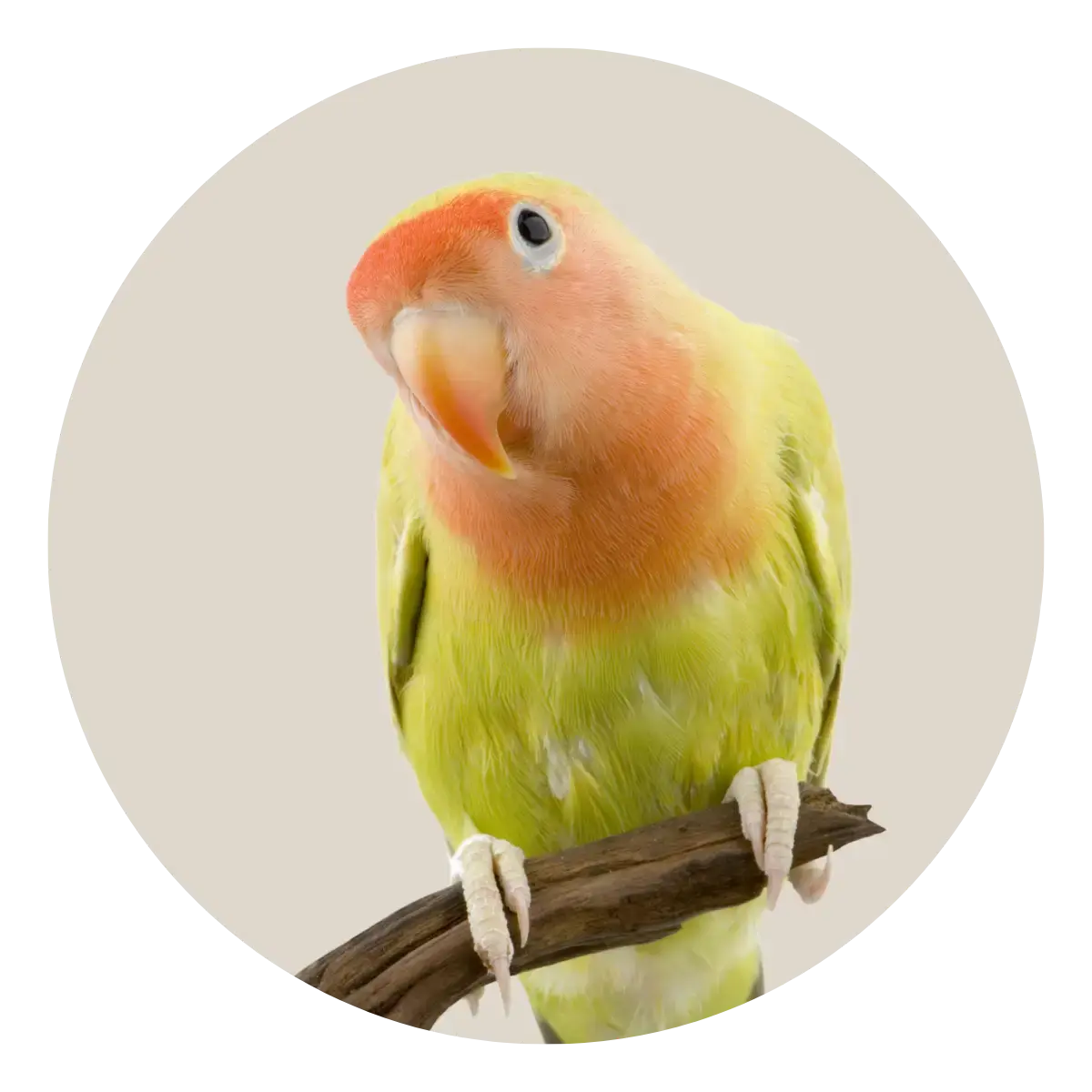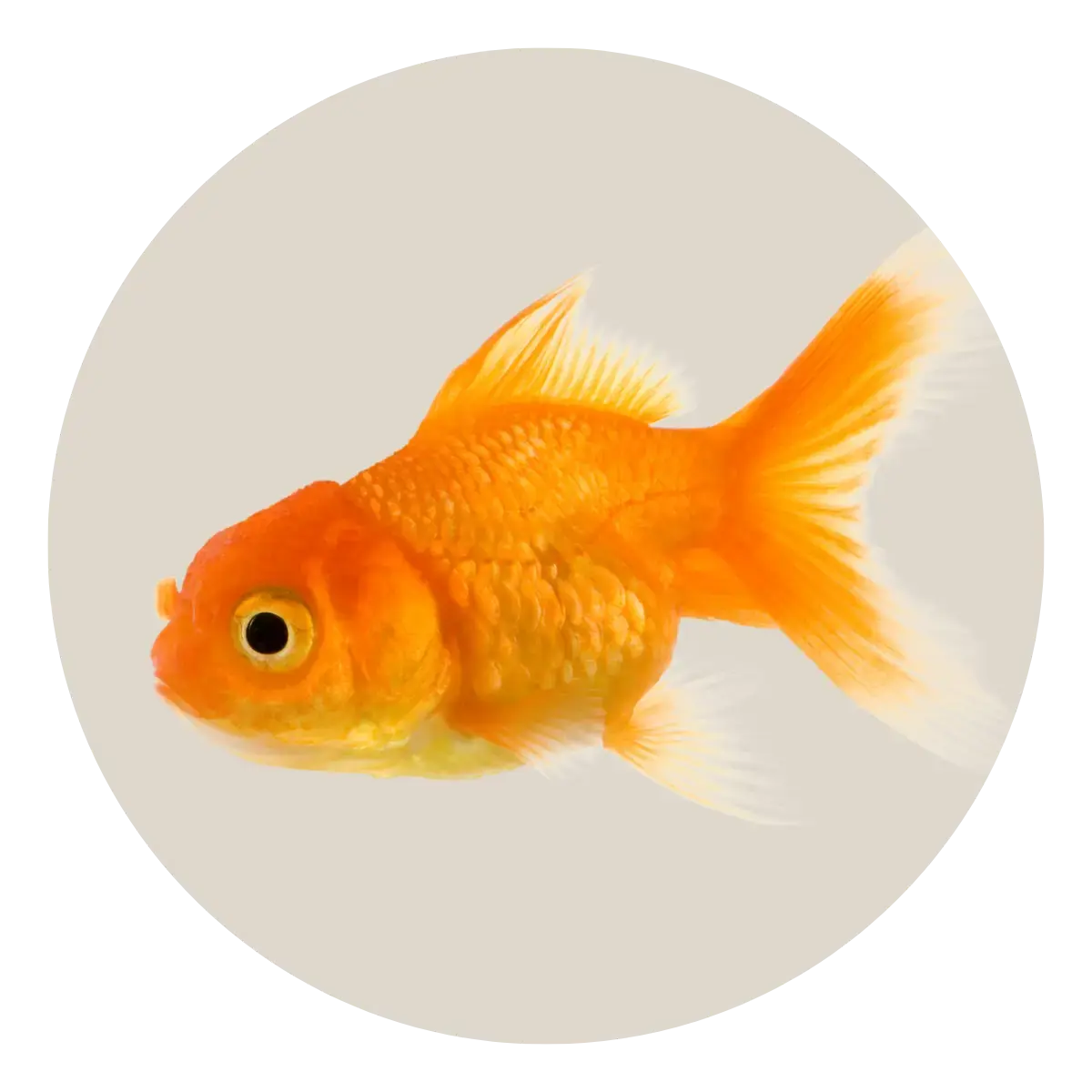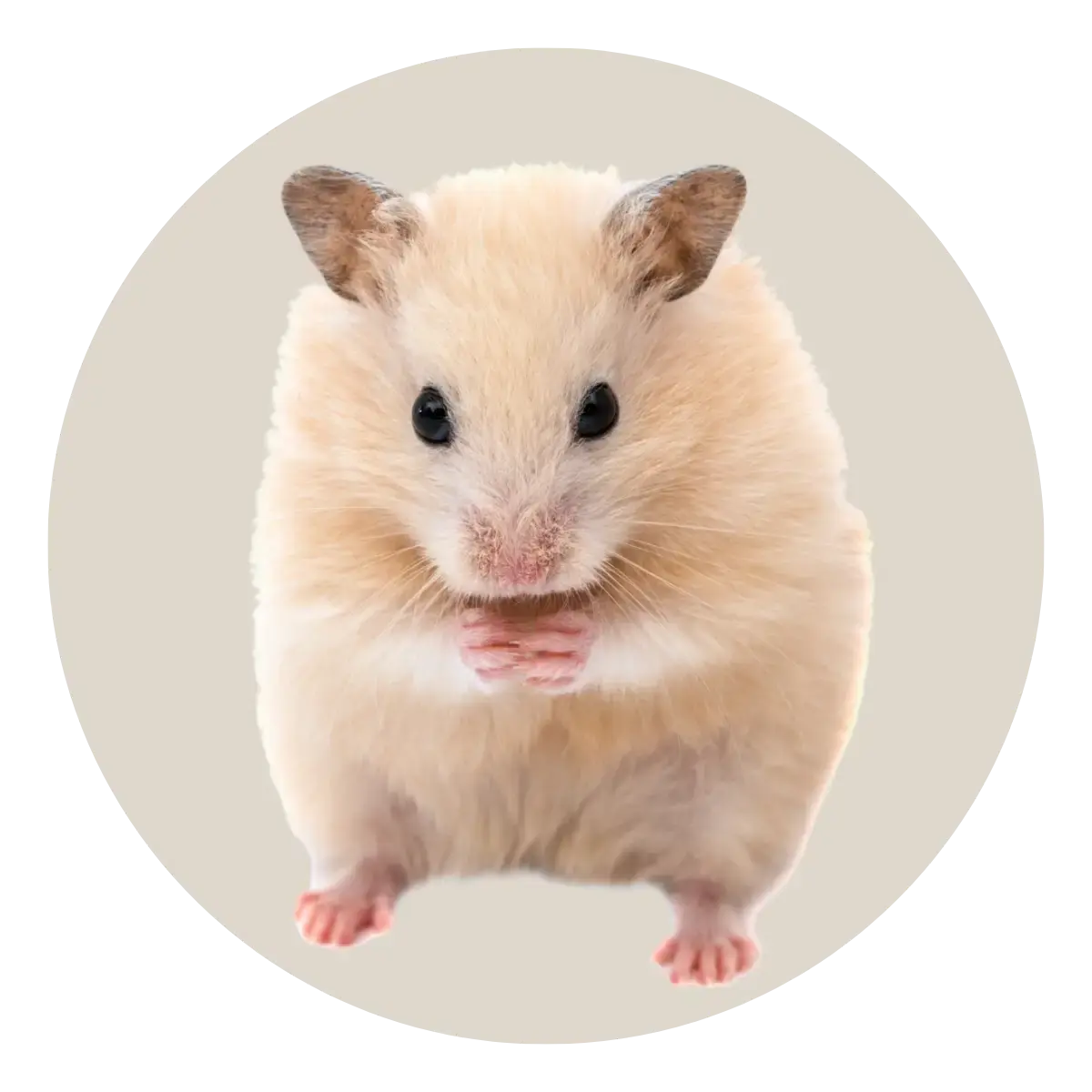This article is kindly sponsored by our Canine & Co partner - Hill's Pet Nutrition.
Many cat owners have opted in recent years to keep their cats indoors. This is understandable as the dangers of road traffic accidents are all too real in both rural and urban locations. But indoor living can be hazardous too. Weight gain due to inactivity or behavioural problems due to lack of stimulation are easily solved through feeding the right foods and providing toys and games that keep cats active and interested. But how else can you ensure that your indoor cat is kept safe and sound?
Safe Surroundings
Houseplants can present significant dangers to cats who are tempted to chew on leaves or flowers particularly. The part of the plant that is actually eaten can make a big difference to how a cat will be affected: daffodil bulbs for example are a common cause of poisoning in dogs but the leaves and flowers (which a cat is more likely to chew) are a much less common cause of poisoning. To be safe, daffodils and lilies are probably best avoided as they are one of the most common causes of plant poisonings in pets. It is also important to remember that fresh flower bouquets can also be eaten - Lily of the Valley for instance is toxic to cats.
The Root Of The Problem
Your cat does not need to swallow a plant to be harmed, as some plants such as Joseph's Coat (Croton), have toxic sap that is released when the plant is chewed, causing blistering of the mouth. However, the risks do have to be kept in proportion. In some cases the toxic reaction to plants can be very mild and in others it is 'self limiting' meaning that the cat will recover on its own. It is also not uncommon to see huge lists of houseplants that can cause poisoning in cats. In reality, the majority of cats will find most of these plants unattractive or uninteresting. Cyclamen for instance is often included in these lists but it is only the root that is poisonous and few cats are likely to find them so attractive that they will dig down and eat sufficient quantities to trigger a reaction.
Hot Tips
-
Avoid buying houseplants that are known to cause toxic reactions in either children or pets - if they present a danger to children, they probably present a danger to cats
-
If your cat eats a significant quantity of any houseplant or a little of a known toxic plant, or shows salivating or distress after chewing a plant, contact your vet straight away
-
Consider placing silver foil or cling film around the base of your houseplants - this makes digging around the roots of the plant unattractive.
-
Ensure your cat always has plenty of fresh water available (to avoid the temptation to chew leaves for moisture)
-
Offer toys, timed meals from automatic dishes, or a wind chime outside the window, to keep your cat amused when you are out, because boredom can lead to plant chewing.
The Most Common House Plant Poisons
-
Azalea
-
Lillies including Easter Lily, Day lily (Hemerocallis), Tiger lily
-
Croton (Joseph's Coat)
-
Daffodils (Narciccus species)
-
Caladium
-
Dieffenbachia (Dumbcane)
-
Ficus (rubber plants, weeping and variegated fig plants)
-
Philodendron
-
Monstera (Swiss Cheese Plant)
-
Oleander
-
Poinsetta
-
Christmas Cherry
-
Holly berries






